1998年的电影《楚门的世界》(The Truman Show)描述了一个人如何生活在为他创造的封闭世界中。这个世界由演员们所组成,它的的存在是为了营造一种人们活在真人秀中的幻觉。这部电影成为90年代后期电影制作的标志性作品。它既与文化相关,又像是一部有关那个已经逝去的年代的纪录片。在那个时代,一部中等预算电影还有可能进行大胆的探索;金·凯瑞这样优秀的电影明星,就足以创造一部卖座的电影。如今,真正的巨星消失了,大胆的创意及探索远不如知识产权来得重要。尽管《失控玩家》在几乎所有方面都不如《楚门的世界》,但对于注意力缺陷的一代人来说,它意外地成为一个绝佳的故事,同时也预示着一个时代的消逝。
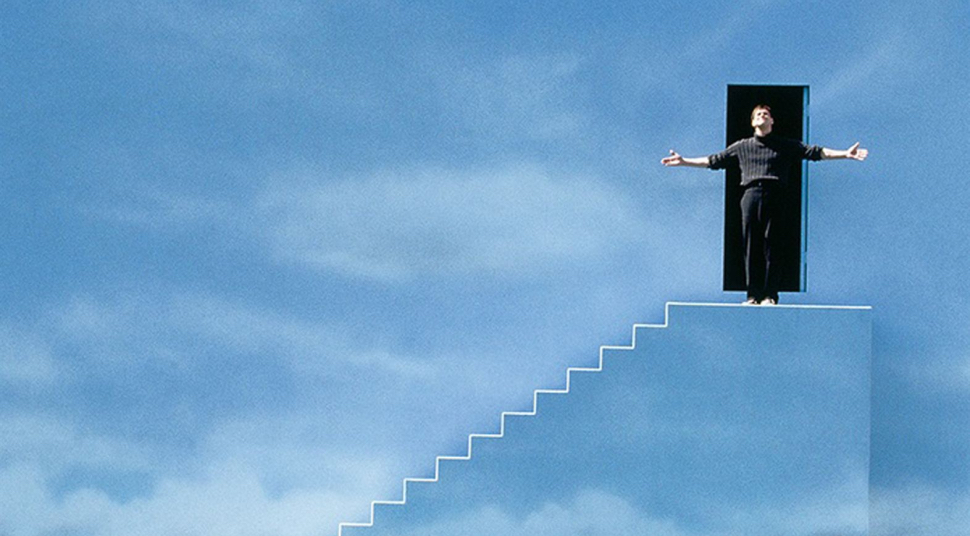
这一切的中心是瑞安·雷诺兹(Ryan Reynolds),一名能够在21世纪主流电影的惊涛骇浪中航行无阻的演员,他在本片中将自己塑造成了一名看似不可能成功的电影明星。无论是电影《死侍》中饰演的角色,还是雷诺兹本人的公众形象,都存在着一种巧妙的嘲弄,和打破第四面墙(当演员直接与观众交流,或者以他们自己,而不是其扮演的角色演出戏剧*)的手法,颠覆了电影明星该有的样子。在以往,明星们的本人个性要比他们所扮演的角色更强。雷诺兹反其道而行之,他从不放弃角色。这意味着他可以将任何角色包装成自己的品牌,并使用风格独特的销售手法出售。就《失控玩家》而言,这部电影与雷诺兹的其他电影具有许多相同的特征:名人客串、巧妙诠释现实中的不同层次,广泛触及了与这个时代相关的文化标准(除了在一部对枪支迷恋到极致的电影中,仅对美国枪支管制的短暂提及之外,暂且撇开更黑暗的主题)。
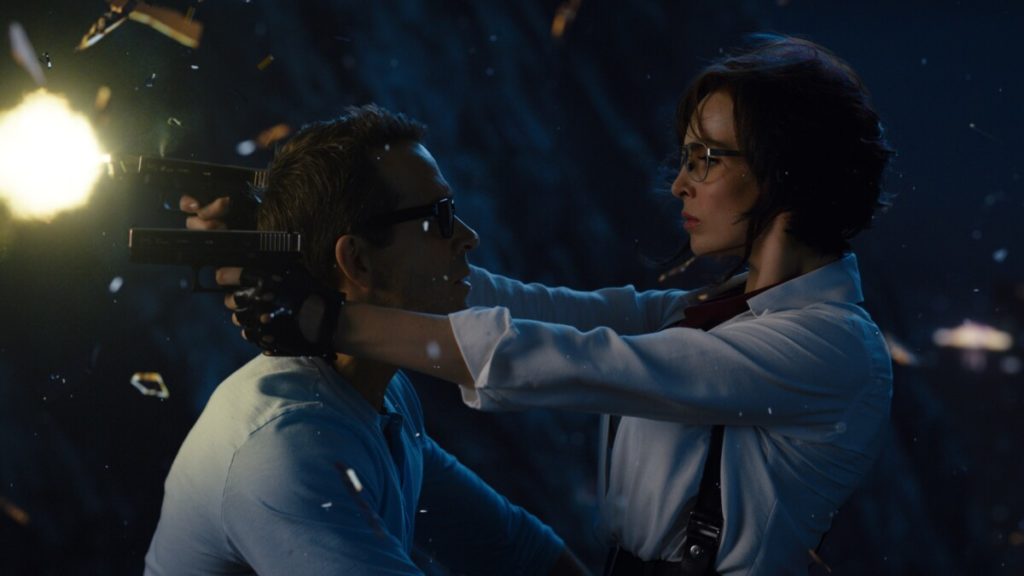
《失控玩家》是关于盖(Guy,瑞安·雷诺兹饰),一个线上游戏的NPC(游戏中非人操作的虚拟角色*)。电影的场景看起来就像是《侠盗猎车手》(Grand Theft Auto Online)《堡垒之夜》(Fortnite)和其他多人线上游戏的混合体。盖是一名银行出纳员,生活在一个游戏循环中,在主要玩家开始在自由城(Free City)的游戏广场上制造混乱时,他便开始执行后台程序设定好的操作。故事的转折点发生在盖发现现实端倪的那一刻。当虚假的游戏开始层层剥落,我们开始完全了解游戏的运作方式,事情开始变得有趣起来。
本片剧本紧凑、节奏适宜,两个小时中毫无冷场。本片巧妙地在剧情中向电子游戏致敬,虽然此举混合了较缺乏创意的老套游戏玩家笑话,但电影中有趣的主题,如人工智能和模拟理论(simulation theory,该假说主张一切现实皆是“被模拟”出来的结果。亦即我们生活在一部超级电脑的程序中,我们所认知的“现实”皆是人工模拟的结果 *),与轻喜剧结合,能让观众在电影院里度过一段有趣的时光。
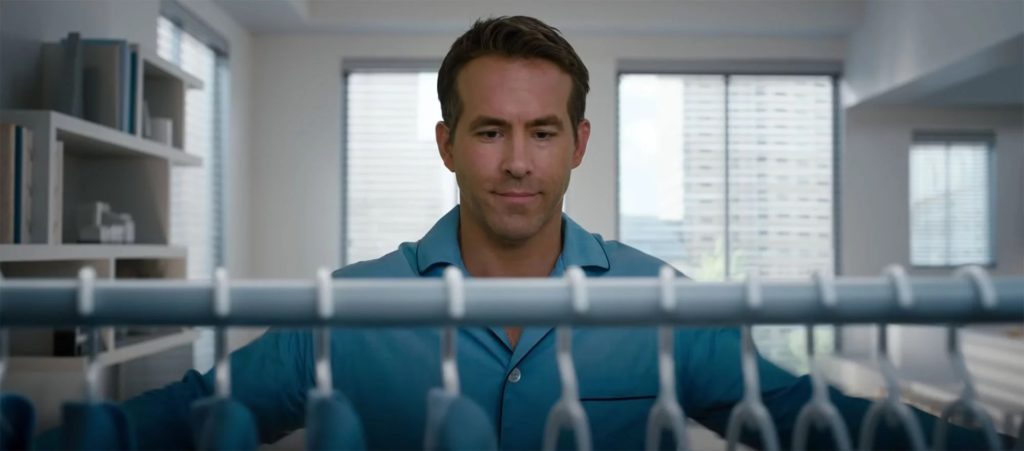
现今的游戏文化比以往任何时候都更蓬勃、更息息相关、更有利可图,然而制作一部好的电子游戏电影却是出了名的困难(问问斯皮尔伯格,他的《头号玩家》(Ready Player One)几乎没有产生任何影响力)。在这种情况下,即使竞争对手不多,我们还是可以肯定地说,《失控玩家》是在同类型片里的佼佼者(电视剧集除外;比如《神话任务》(Mythic Quest)在了解游戏的历史和现状两点上都做得非常出色)。 《失控玩家》的版权归世界上最大的媒体集团——迪士尼——所有,所以这部电影理所当然不会错过任何炫耀迪士尼旗下所有大IP和产品的机会。但话又说回来,这正是《失控玩家》与时代精神(Zeitgeist,指在一个国家或者一个群体内,在一定的时代环境中的文化、学术、科学、精神和政治方面的总趋势以及一个时代的氛围、道德、社会环境以及思潮*)如此紧密相连的原因。
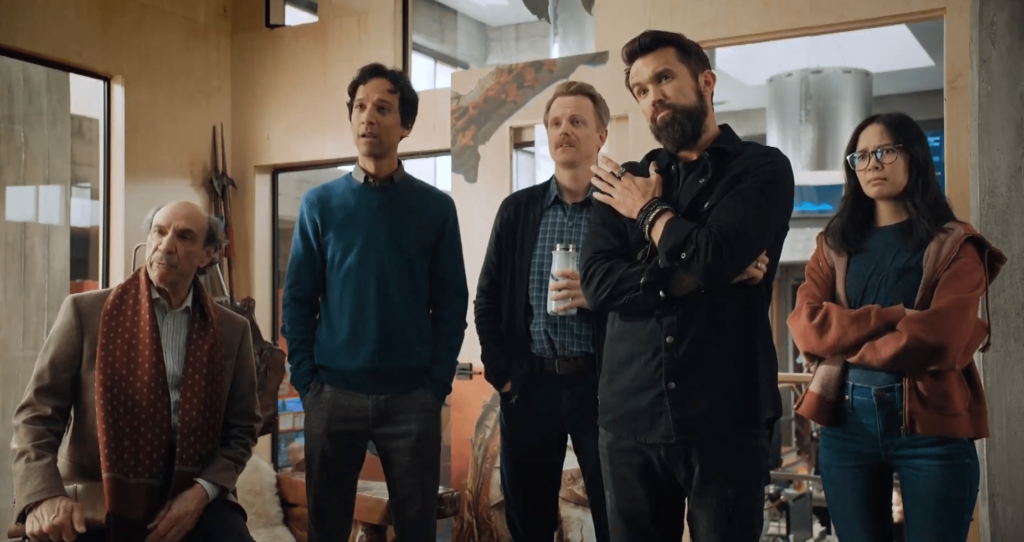
二十年前,《楚门的世界》是对电视文化的严厉批判;而在当说唱歌手在《堡垒之夜》中正式出道、油管掌握了主流叙事的2021年,《失控玩家》不是一味地批评,而是欣然地接受了我们文化中最糟糕的部分,并告诉我们一切皆可改变;只要我们能够独立思考,看见眼前那层看似甜蜜、实则危险的面纱。

影评人简介
贝尔纳多·莱特(Bernardo Leyte),常驻巴黎的电影制作人。 他在西班牙、德国和英国长大,毕业于伦敦电影学院,目前担任导演。 他是一位充满热情的影迷,他所观看的电影囊括各种类型,从他的偶像斯坦利·库布里克(Stanley Kubrick)和安德烈·塔可夫斯基(Andrei Tarkovsky)的電影,到超级英雄、恐怖片、动漫等。
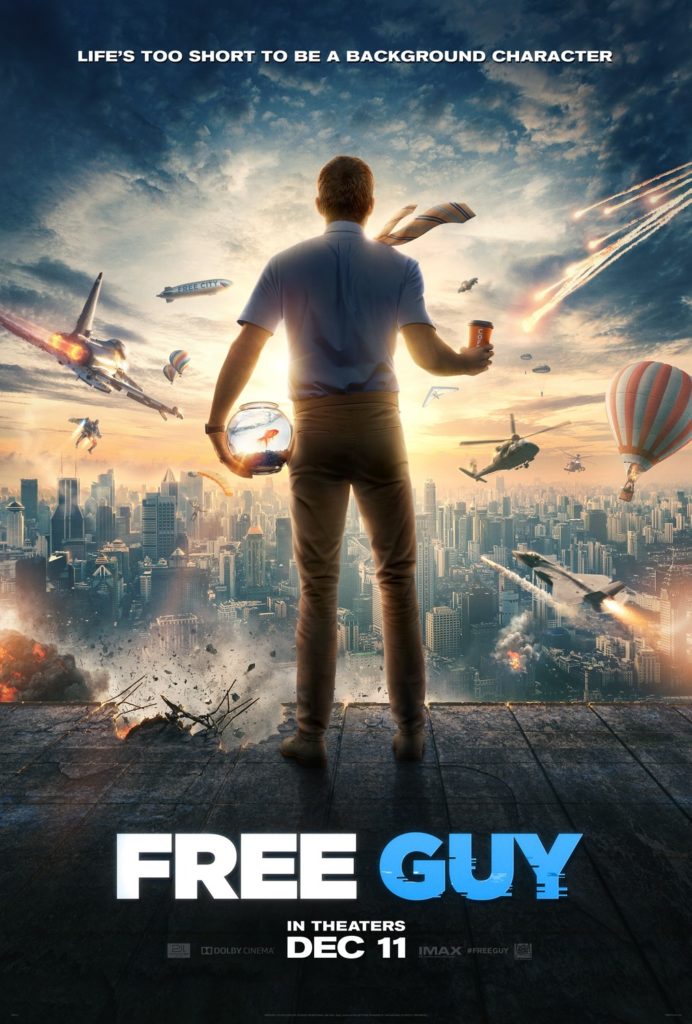
The Truman Show, a film about a guy living in a contained world created for him and populated by actors solely to create an illusion of a life on television, was an iconic piece of late 90s filmmaking that has remained culturally relevant, yet feels like a document of a bygone era: an era where exploring big ideas was possible in mid-budget movies and where movie stars, like Jim Carrey, could still sell a film. Today, movie stars are all but gone, and big ideas are less important than big IP (intellectual property). Free Guy, though admittedly inferior to The Truman Show in almost every possible way, is a surprisingly well-written story for the attention-deficit generation , and it heralds the passing of the generational torch.
At the center of it all is Ryan Reynolds , an actor who has been able to navigate the troubled waters of mainstream cinema in the 21st century and reshape himself into something of an unlikely movie star. By cleverly embracing a mocking, fourth-wall breaking personality that he maintains whether in the movies (Deadpool) or in his public image, Reynolds has reverse-engineered movie stardom; movie stars used to be people whose personality was bigger than whichever character they were playing. Instead, Ryan Reynolds is a character actor who never drops the role, which means he can be sold as his own brand, his own pre-existing franchise. In the case of Free Guy, the film shares many of the same traits as other Reynolds films: is has celebrity cameos, it is cleverly meta, playing with the different layers of reality, and it superficially touches on the relevant cultural touchstones of our time (leaving aside the darker subjects, except for a passing reference to America’s gun control that feels perfunctory in a film that fetishes guns to an extreme).
Free Guy is about Guy, an NPC (Non-Playable-Character) in an online video game that looks like a mix of Grand Theft Auto Online, Fortnite and other multiplayer video-games. Guy is a bank teller and lives in a gameplay loop, performing background actions while the main players get to unleash mayhem on the playground of Free City. When Guy unlocks a new layer of reality, things get interesting. When the layers of unreality start peeling away and we get the full sense of how the game works, things get really interesting.
The script never misses a beat and it manages to keep the story going at full speed for two hours. There are clever nods to video-game design, mixed with less inspired stereotypical gamer jokes, but the film’s interesting themes such as AI and simulation theory, mixed with the light comedy, make for an amusing time at the cinema.
Gaming culture is bigger, more relevant and more profitable than ever, but making a good video-game film is notoriously hard (ask Steven Spielberg, whose Ready Player One barely made an impact). In that landscape, it is safe to say that Free Guy is one the best films made about video-games, even if the bar to clear is low (notwithstanding television, where the show Mythic Quest does a remarkable job of understanding the history and current state of gaming). It’s also true that Free Guy is owned by the largest media conglomerate in the world, Disney, and the film doesn’t miss a chance to flaunt all of their properties and products inside of the frame. But then again, that’s exactly what makes it so connected to the zeitgeist; twenty years ago, The Truman Show was a damning critique of television culture. In 2021, where rappers debut their albums on Fortnite and Youtube streamers own the narrative, Free Guy doesn’t critique, but gleefully embraces the worst parts of our culture to show us that we can all break out, if only we were able to think for ourselves and see beyond the candy-coated veil drawn over our heads.

About the Author
Bernardo Leyte (Vigo, Spain) is a Paris-based filmmaker. He grew up in Spain, Germany and the UK, graduating as a director from the London Film School. He is a passionate cinephile whose eclectic film playlist includes a bit of everything, from his idols, Kubrick and Tarkovsky, to superheroes, horror, anime and everything in between.

